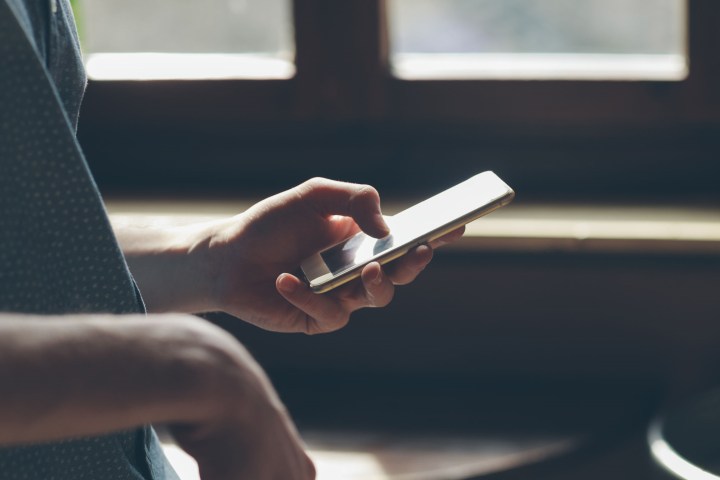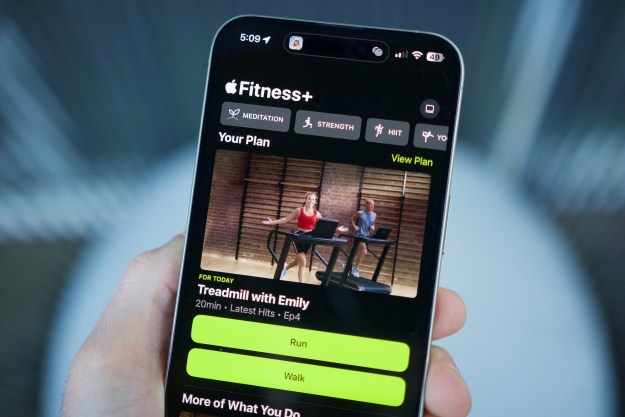
The case at hand centers around Nour Marakah and Andrew Winchester, both of whom authorities charged with gun trafficking. Through an investigation launched against Winchester sometime in 2012, law enforcement learned that he legally purchased 45 firearms during a six-month span, only to turn around and illegally sell them.
Authorities received a confidential tip that Marakah was one of those buyers, so they raided the two men’s residences after obtaining a warrant. Police took their phones and, after conducting a forensic search on both devices, discovered text messages that implicated the two men. Winchester and Marakah were then arrested and promptly hit with criminal charges.
During pretrial proceedings, Marakah argued that evidence found in his and Winchester’s phones should be inadmissible. Interestingly, part of Marakah’s appeal held water, since his phone was seized without legal authorization. However, the Superior Court did not agree with the argument that information from Winchester’s phone should not be used.
In a 2-1 decision, the Court of Appeal rejected Marakah’s appeal, arguing that Marakah has no “reasonable expectation of privacy.” According to Judge James MacPherson, one of the two judges that voted to deny the appeal, folks that send text messages have no control once messages are sent and received by recipients.
“There is, in my view, a lack of empirical evidence to support a conclusion that senders of text messages have a presumptively reasonable expectation, from an objective standpoint, that their text messages will remain private in the hands of the recipient,” the judge oncluded.
Dissent and contradiction
The dissenter, Judge Harry LaForme, argued that a text message exchange is a “private communication between two people” that is the modern version of an oral conversation. As such, LaForme said a wiretap is needed to use the messages in court. Furthermore, he stated that the messages should not be used as evidence, since the forensic search on Winchester’s phone violated Marakah’s right to be secure against an illegal search or seizure. If the phone-based evidence was allowed to stand in court, LaForme argued, the case might set a dangerous precedent for similar cases in the future.
Because LaForme was a dissenting judge, Marakah can take his appeal to the Supreme Court, and senior counsel with the Public Prosecution Service of Canada Nick Devlin believes that will happen sometime in 2017.
What makes the Court of Appeal’s decision all the more interesting is that it contradicts a decision handed down by the British Columbia Court of Appeal in August 2015. Eerily similar to Marakah’s case, this case centered around David Pelucco, who tried to sell cocaine to a Mr. Guray in a transaction involving text messages. Police arrested Guray and found the messages after seizing his phone, which led to Pelucco’s arrest.
The British Columbia Court of Appeal sided with Pelucco, however, since his privacy was violated since it was reasonable to think that the text messages acted as a private conversation.
Editors' Recommendations
- How to save text messages on iPhone and Android
- Threads, a more private Instagram, automatically updates your status for you


